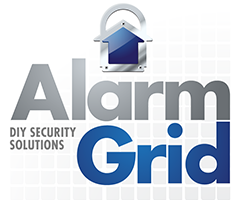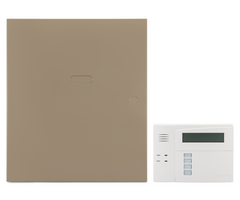Wired Security Systems






If you are looking for a long-term security system to fully integrate with your home or business, then a hardwired security system may be a great option for you. Although wired systems have largely fallen out of favor with the rise of wireless systems, there are still some users who want true hardwired alarm systems. It is important to consider that wireless systems are typically much easier to set up and install. And now that encrypted wireless sensors are available, a wireless system is just as secure than a wired system. In fact, many experts feel that wireless systems are more secure, since wired systems can be cut. Of course, you should put end of line resistors at each hardwired zone so that your system displays a trouble condition if sensors are cut.
But there are times when it does make sense to put in a hardwired system. Some systems like the DSC PowerSeries NEO or Honeywell VISTA TURBO Series Panels are extremely powerful, with support for a very large number of zones. Some commercial building codes require the use of hardwired systems. And some homeowners will want to install a robust and powerful hardwired panel that can integrate with the rest of the house. This can increase property value when you go to sell the house later. There is also the fact that hardwired sensors are usually less expensive than wireless sensors. If you are adding a large number of zones, then you might save money in the long run by going the hardwired route. And remember, hardwired sensors never require battery replacements.
The fact remains though, wireless systems are much easier to install. The typical DIY user might have a difficult time setting up their own hardwired system. Wire runs can be tedious and challenging depending on the location of the sensors and the system. You might have to hire an electrician to help you complete the process. While we certainly encourage users to complete their own installations, it can just be a little bit tougher when you are setting up a complete wired system. Remember, each and every sensor will need to end up being run back to the sensor. You can use wireless sensors with wired systems as well, but that will require adding a wireless receiver.
You will also need to get a keypad for your hardwired alarm control panel. Otherwise, you will have no way of controlling the system on-site. While interactive platforms like Total Connect 2.0 and Alarm.com are great, you will still want some way to control your system locally. Again, the keypad will need to be hardwired to the system itself. This will also involve running a wire from the keypad to the panel. You might strongly consider getting a keypad with an integrated RF transceiver so that you can start using wireless sensors with the system. One example of such a keypad is the Honeywell 6160RF.




